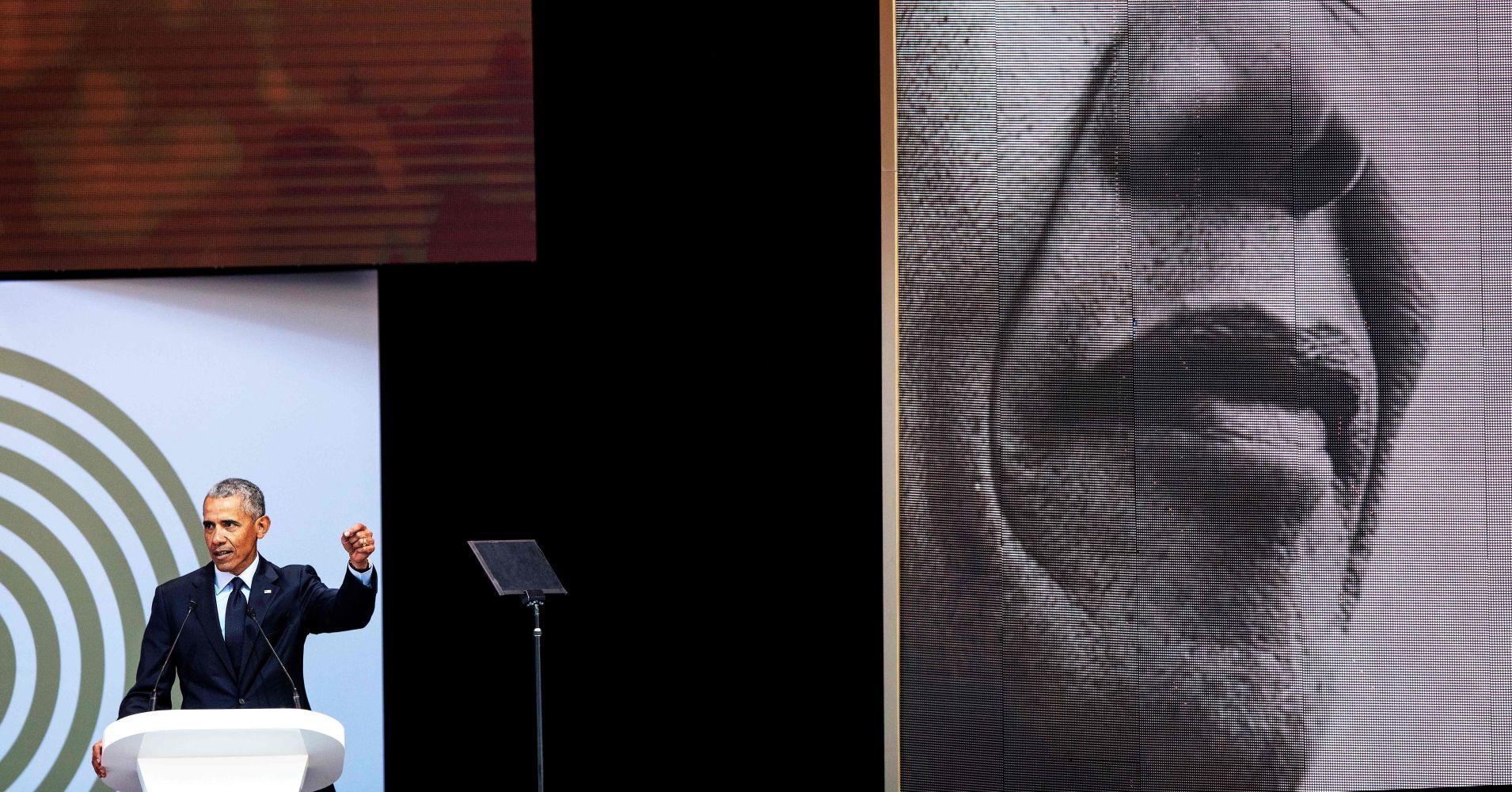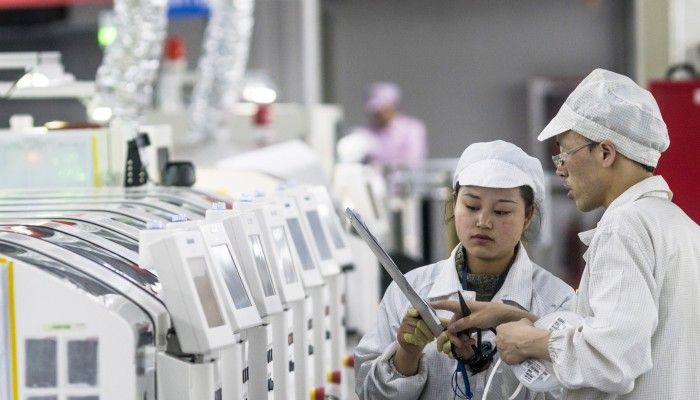Watersheds channel water from streams to oceans, and more than $450 billion in food, manufactured goods and other economic factors depend on them, according to the Environmental Protection Agency. Watersheds also are crucial to the health of surrounding ecosystems and communities. Now, researchers from the University of Missouri have found that climatic changes and urban development, when working in tandem, could have profound effects on watersheds by midcentury.
“In some cases, the effects of urban development and climatic changes on hydrologic conditions can be intensified when both stressors are considered,” said Michael Sunde, a researcher in MU’s School of Natural Resources. “In spring, for example, we found that both factors could increase runoff, which, in turn, can send more pollutants into streams, increase erosion and cause more serious flooding.”
Sunde (pronounced “Soond”) and his colleagues used several models, including land cover change, hydrologic and climate model projections to identify potential changes in a Missouri watershed for the mid-21st century. Individually, increased urbanization and climate change were shown to have different impacts on the watershed. Researchers found that urban development is likely to increase runoff and limit the amount of water absorbed into the ground as groundwater. Evaporation of water from soil and other surfaces and consumptive water use by plants is also expected to decrease due to urbanization. Conversely, projected temperature increases and changing precipitation patterns would cause decreases to runoff and increased evaporation and plant transpiration. However, climate impacts were shown to vary widely, depending on the season and direction of precipitation changes projected by climate models.
Read more









